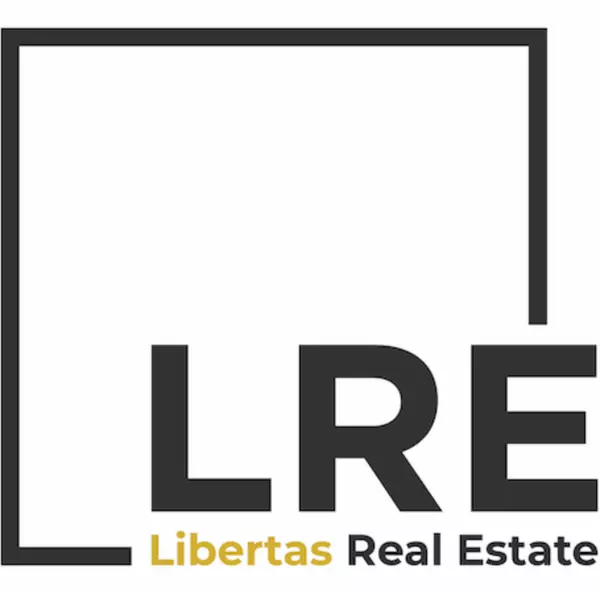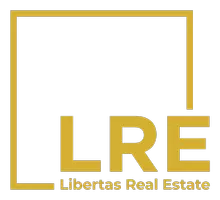Luxury real estate market projected to exceed $330B by 2030
While much of the U.S. housing market faces affordability pressures and elevated mortgage rates, the luxury sector continues to expand. A new Mordor Intelligence report projects the high-end residential market will exceed $338 billion by 2030, up from roughly $289 billion today.
The firm reports that although the West accounted for a third of luxury revenue last year, states across the Southeast — including Florida, Georgia and the Carolinas — are expected to post the fastest growth through 2030. The region’s appeal includes low taxes, warm weather and access to high-end amenities.
Realtor.com senior economist Anthony Smith said the forecast aligns with long-term trends.
“Following a surge in demand and pricing during the pandemic period, the share of million-dollar-plus listings rose sharply beginning in 2020 and continued to climb into early 2022,” he said. “Since then, growth has moderated, suggesting the next five years will likely reflect a steadier, more sustainable expansion rather than the outsized gains seen earlier in the decade.”
Cash buyers take the lead
Market swings in 2024 pushed many wealthy households to move money out of equities and into real estate, the report said. Realtor.com data shows about one-third of U.S. home purchases in the first half of 2025 were all-cash.
The share rises with price — roughly half of sales between $2 million and $5 million and more than 65% between $5 million and $10 million involved cash.
“There is a huge divide in performance between the luxury market and the rest of the market,” says Miami-based agent Ana Bozovic. “The higher up we go in price or price per square foot, the more all-cash our market is.”
Massive wealth transfer
The UBS Global Wealth Report 2024 estimates Americans with more than $1 million in investable assets control $83.5 trillion in combined wealth — much of it held by older generations. Mordor Intelligence reports that this transfer of wealth is expanding the pool of buyers, especially among heirs in their 40s.
“Luxury real estate is in many ways the equivalent of a family trust. It is where wealth lives,” Bozovic says.
Short supply, strong demand
Limited inventory in high-end ZIP codes — amplified by owners locked into sub-4% mortgage rates during the pandemic — has tightened supply. The shortage has funneled demand toward new developments with features such as smart-home systems and air-filtration upgrades, according to the report.
Apartments and condos made up 58% of luxury spending in 2024, offering urban amenities and convenience. But demand for larger estates is rising, with a projected 3.29% growth rate through 2030.
Categories
Recent Posts








GET MORE INFORMATION

